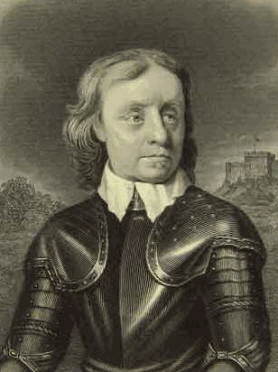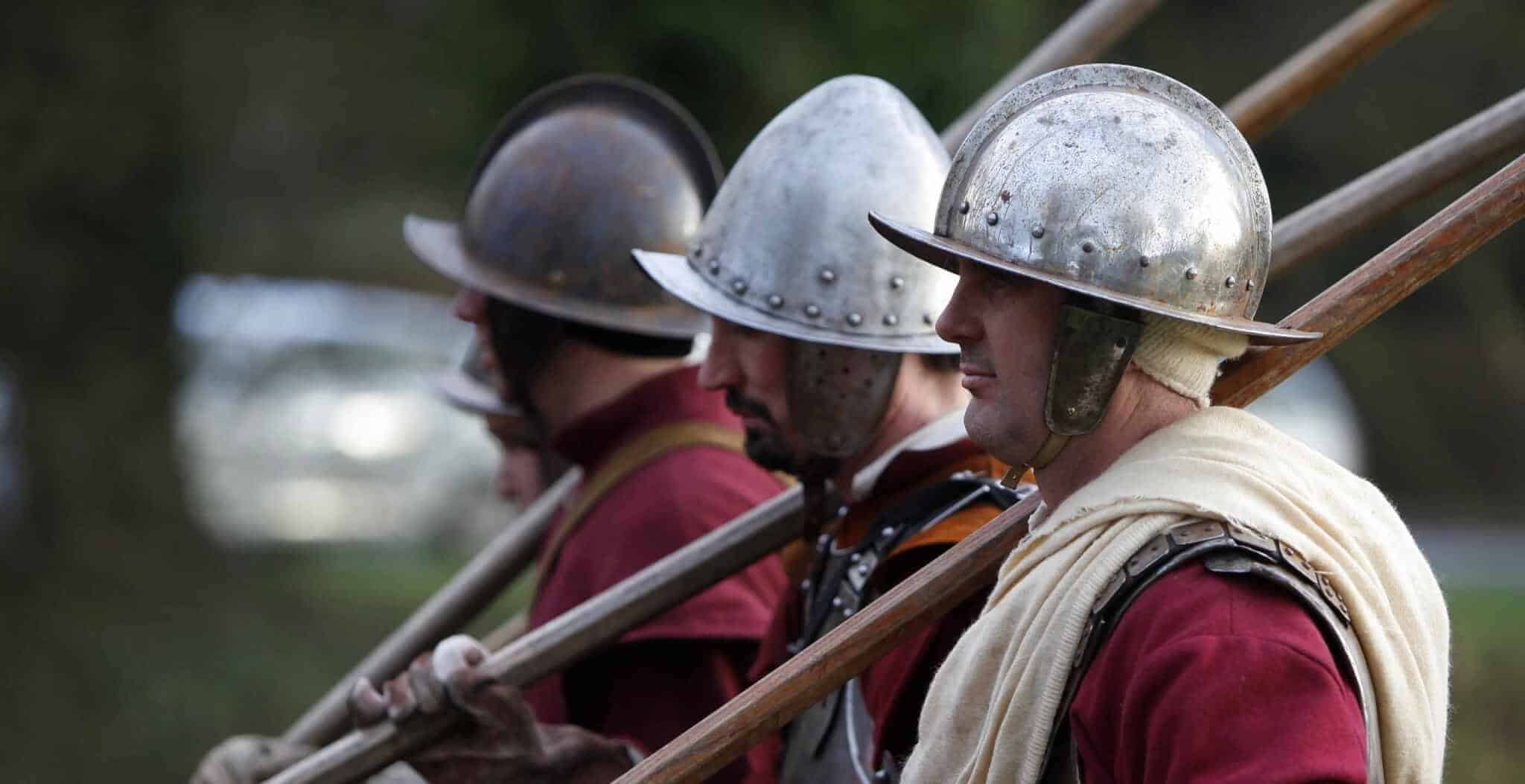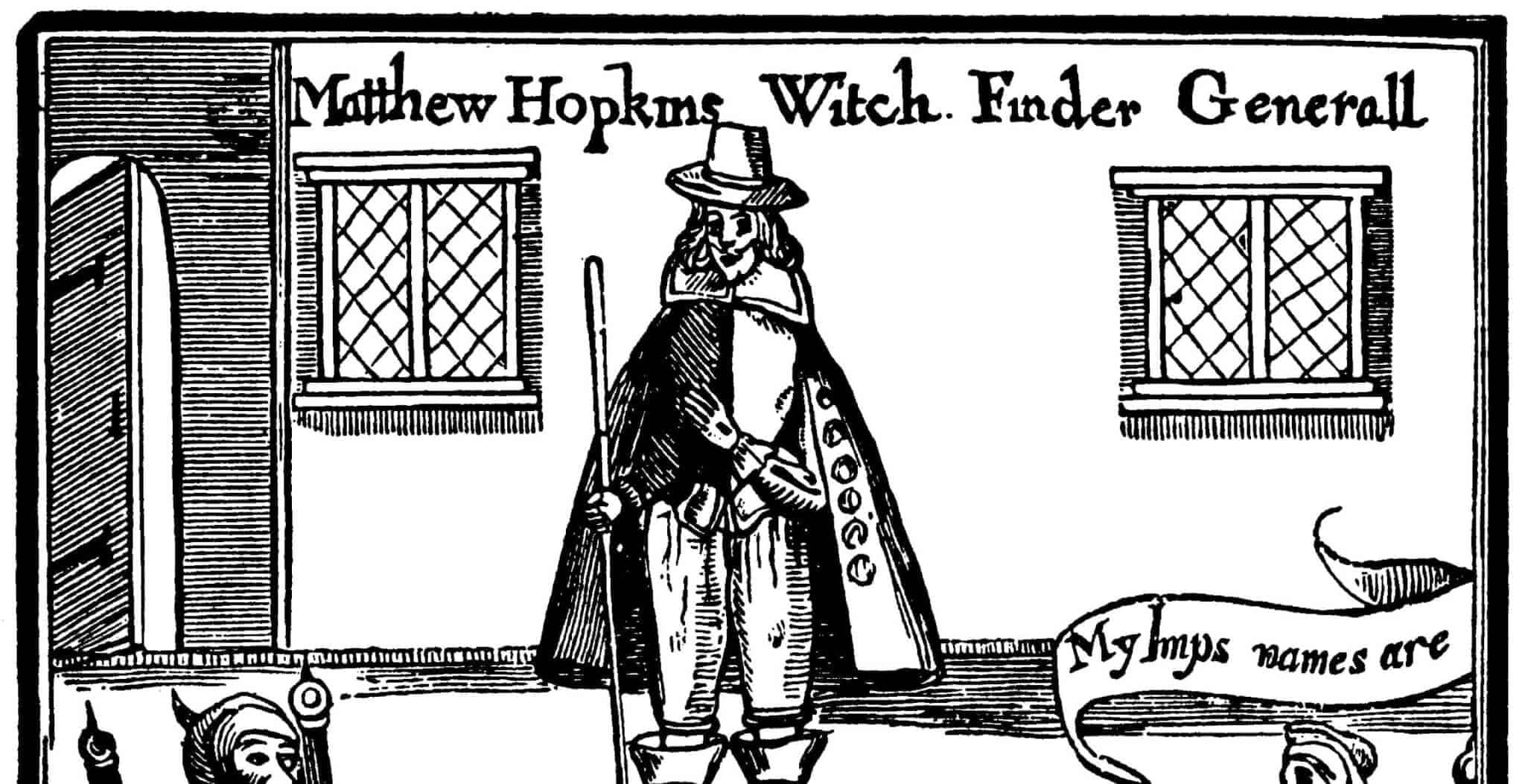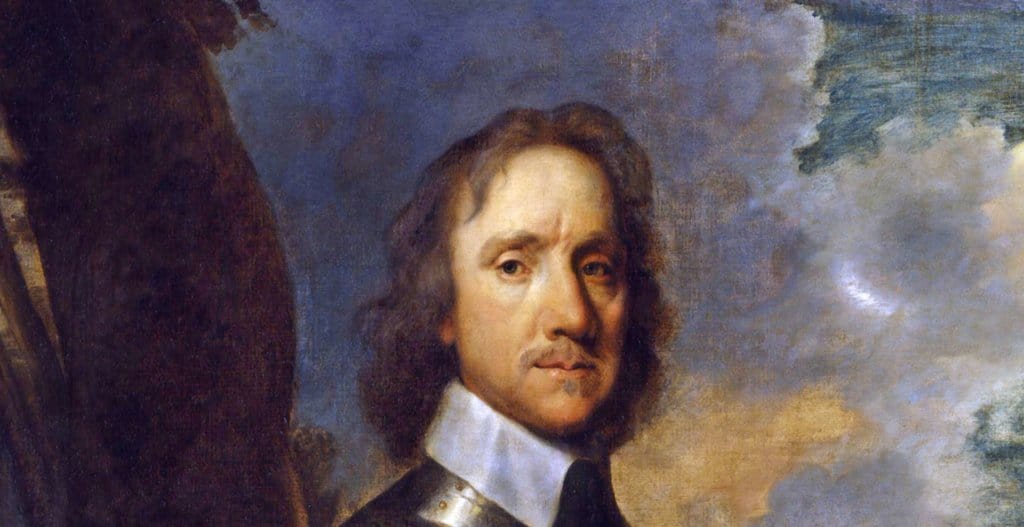The people who lived in the Fenlands in East Anglia in the 17th century were always very careful to keep up the old traditions and superstitions.
They had a strong belief in witches at the time, and by the end of the English Civil War, hundreds of witches (mostly women) had been hanged following trials that were a travesty of justice.
Many other superstitions and customs were still popular at this time, and one in particular, that of the ‘split goose-feather’ was very common.
In the Fen country, it was the custom that whoever carried a split goose-feather was entitled to the help and protection of Fenmen in times of trouble.
Oliver Cromwell, who came from nearby Huntingdon, was well aware of the split goose-feather tradition – as was King Charles I!
During the English Civil War when King Charles was on the run from Cromwell‘s troops and was being chased from Snow Hill in Norfolk across the Littleport Fens, he and his fellow Cavaliers escaped by showing ‘split goose-feathers’ to the local Roundhead soldiers.
 Cromwell on hearing of this, took no action against his troops, saying “It was better that the King escape than the old custom be broken”.
Cromwell on hearing of this, took no action against his troops, saying “It was better that the King escape than the old custom be broken”.
However, King Charles was captured by the Roundheads in 1648 and sentenced to death.
There is a story that on the night before his execution, King Charles sent a messenger to Cromwell.
Cromwell was at his supper when the messenger arrived. The message that he delivered to Cromwell was:
“Sir, His Majesty, scorning to ask for mercy, demands to be given the rights and privileges always granted to everyone who presents this” and a split goose-feather was thrown onto the table.
All that night Cromwell sat and stared at the goose-feather, fighting with his conscience. The execution of the King was carried out the next day as arranged, but it is said that Cromwell brooded for the rest of his life over his refusal to honour this ancient Fenland tradition!





